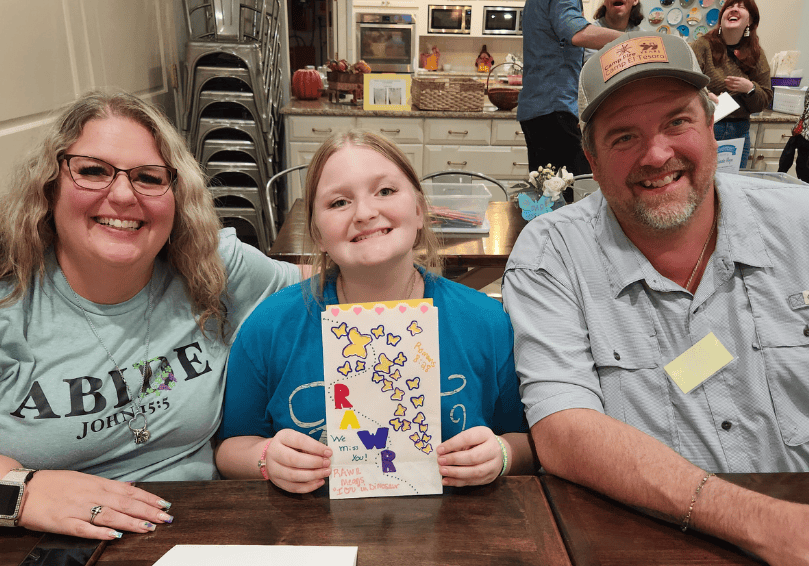 During my time as an intern at The WARM Place I had the opportunity to attend a conference about adolescents and grief with WARM Place counselor Kathy Telger. It was very informative about the unique teenage grief journey and shed valuable light on how to help them cope with their loss. I thought it would be helpful to share some of the insight the conference gave us.
During my time as an intern at The WARM Place I had the opportunity to attend a conference about adolescents and grief with WARM Place counselor Kathy Telger. It was very informative about the unique teenage grief journey and shed valuable light on how to help them cope with their loss. I thought it would be helpful to share some of the insight the conference gave us.
Adolescents have their own way of coping and their own grief journey that does not usually follow the same path as adults or other children. Adolescents can be a child one moment and an intense adult the next. Teenagers are each vastly different from one another in regards to their personalities and resiliency, and often rely on their peers for support rather than the adults around them. These are all factors in their grief journey.
In order to help adolescents cope with their grief, parents must realize that their teen is struggling to be independent from them at the same time they need them the most. This struggle causes the teen to have a very hard time asking for help. When teens isolate themselves and push parents away, these are often times that teens need them the most. Being available and ready to listen on a teen’s terms will allow the teen come to you when they are ready.
Teens are also at the age where they fully believe people are watching and critiquing their every move. That imaginary audience creates an extra stressor as they cope with their grief. In today’s world social media can magnify the death of their loved one and that imaginary audience can become a real one. In order to navigate social media and any negative affects it may have on their grieving process, a teen’s feelings need to be validated.
Teens can be hard to reach in ordinary circumstances. When they are grieving, it can be even more difficult to communicate with them.
Here are some ways to help teens cope with their grief:
– Families greatly influence the adolescent while they are grieving. The teen should be involved making decisions about the visitation, funeral or memorial service. Teens want to feel as though their feelings and opinions matter. They also need choices at a time when someone close to them has died and they are feeling helpless.
– Support at school is crucial in assisting an adolescent in the grief process. Informing teachers and counselors of what is going on will aid the teen’s grieving process when the teen goes back to school.
-Peer support and grief camps let the teen know there are others who have the same feelings they are trying to process and heal from.
-Parents can model behavior that lets the teen know that whatever they are feeling is okay and that they are there to listen and when the teen is ready to talk.
-Rachel Beal, WARM Place Intern


